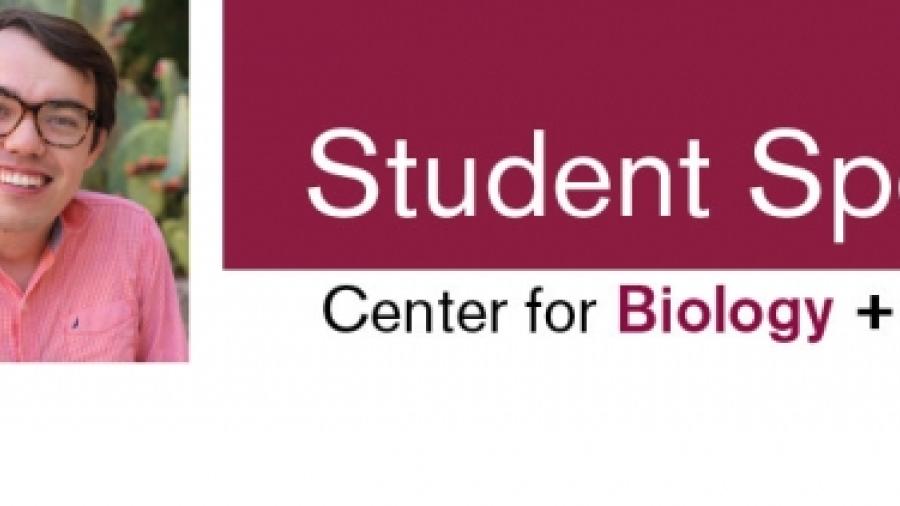
Student Spotlight: Logan Gin
Biology and Society Ph.D. candidate Logan Gin has decided to tackle a challenge that has been largely understudied: how we can support students with disabilities in undergraduate science. Although universities are legally required to provide accommodations for students with disabilities, unfortunately these accommodations are often limited to just traditional classroom accommodations: extended time for tests, quiet testing environments, a note-taker who can help take notes of the instructor talking, etc. However, traditional classrooms are no longer the norm. Increasingly, undergraduate science classrooms are transitioning from traditional lecturing to student-centered, active learning spaces where students are asked to construct their own knowledge instead of listening passively. Yet, new research led by Logan has demonstrated that Disability Resource Centers are not taking these changes into account when they provide accommodations for students. They assume that every course is still a traditional lecture course and wait for students to bring up concerns about active learning. This is problematic because then it takes students a longer amount of time to get the accommodations that they need, if at all. Second, increasingly courses are being delivered online, especially in response to the COVID-19 pandemic, but Logan and colleagues are starting to find that many students with disabilities do not feel supported online. In the rapid transition online in Spring 2020, some students with disabilities reported that their instructors forgot to provide them accommodations, in-person accommodations have not translated to online learning environments, or specific accommodations do not exist to meet student needs online. In his Ph.D. thesis research, Logan is turning his attention to undergraduate research experiences and asking whether students with disabilities are being recruited into and supported by these experiences.
When Logan is not researching students with disabilities, he is the program manager of the LEAP Scholars program, a research-intensive program for community college transfer students. He also serves as the editor of the CUREnet Quarterly, a newsletter for people who develop and teach course-based undergraduate research experiences. Finally, he handles the Biology Education Research Lab’s official twitter account and serves as the lab social coordinator of Netflix watch parties and other lab events.